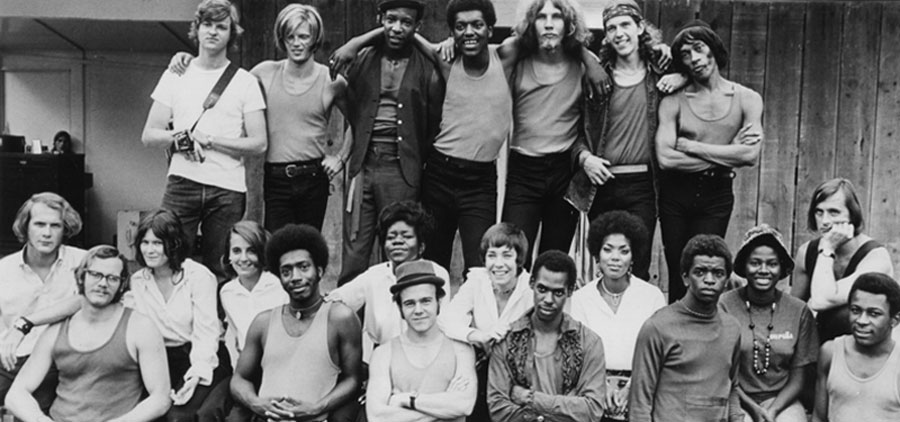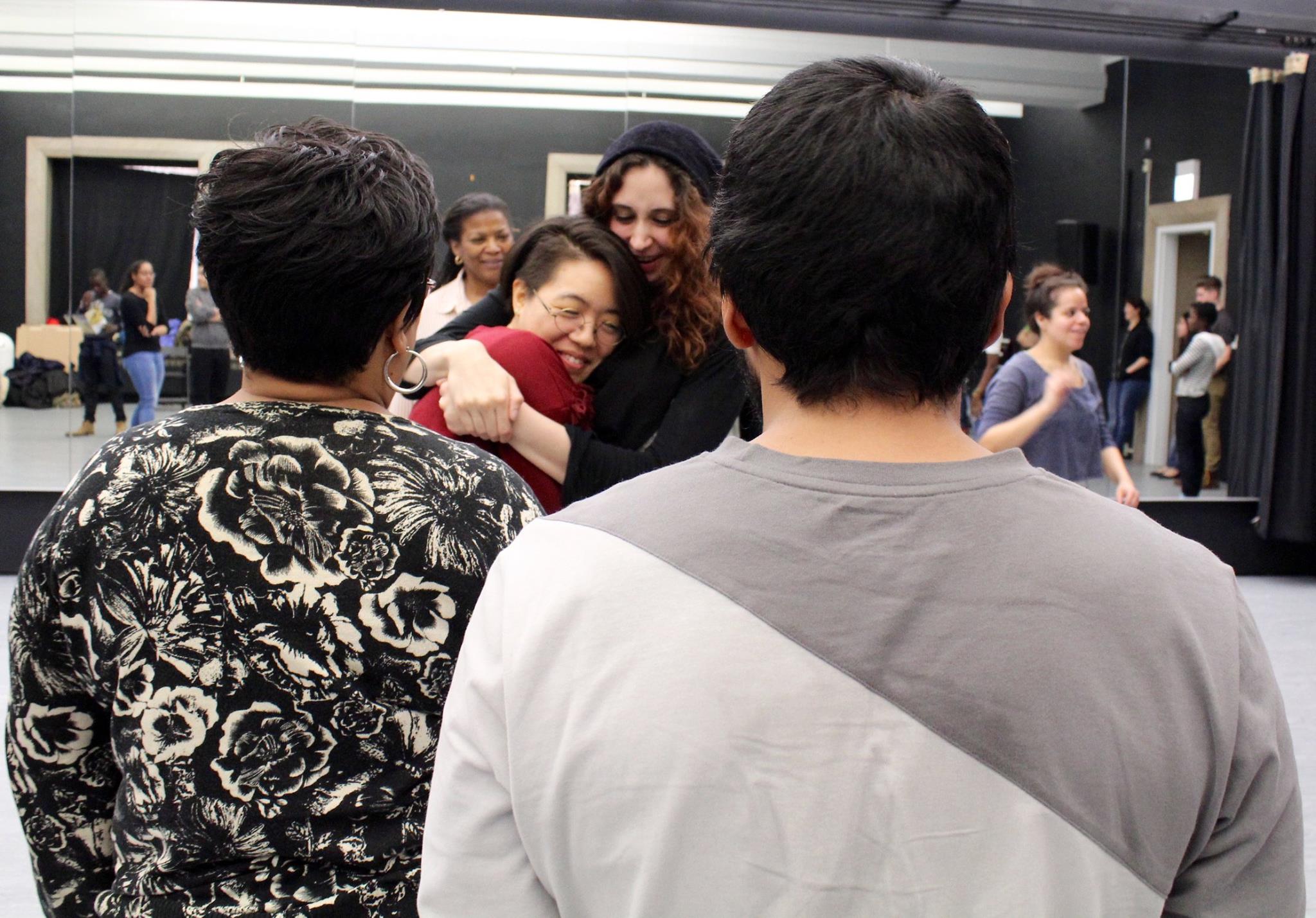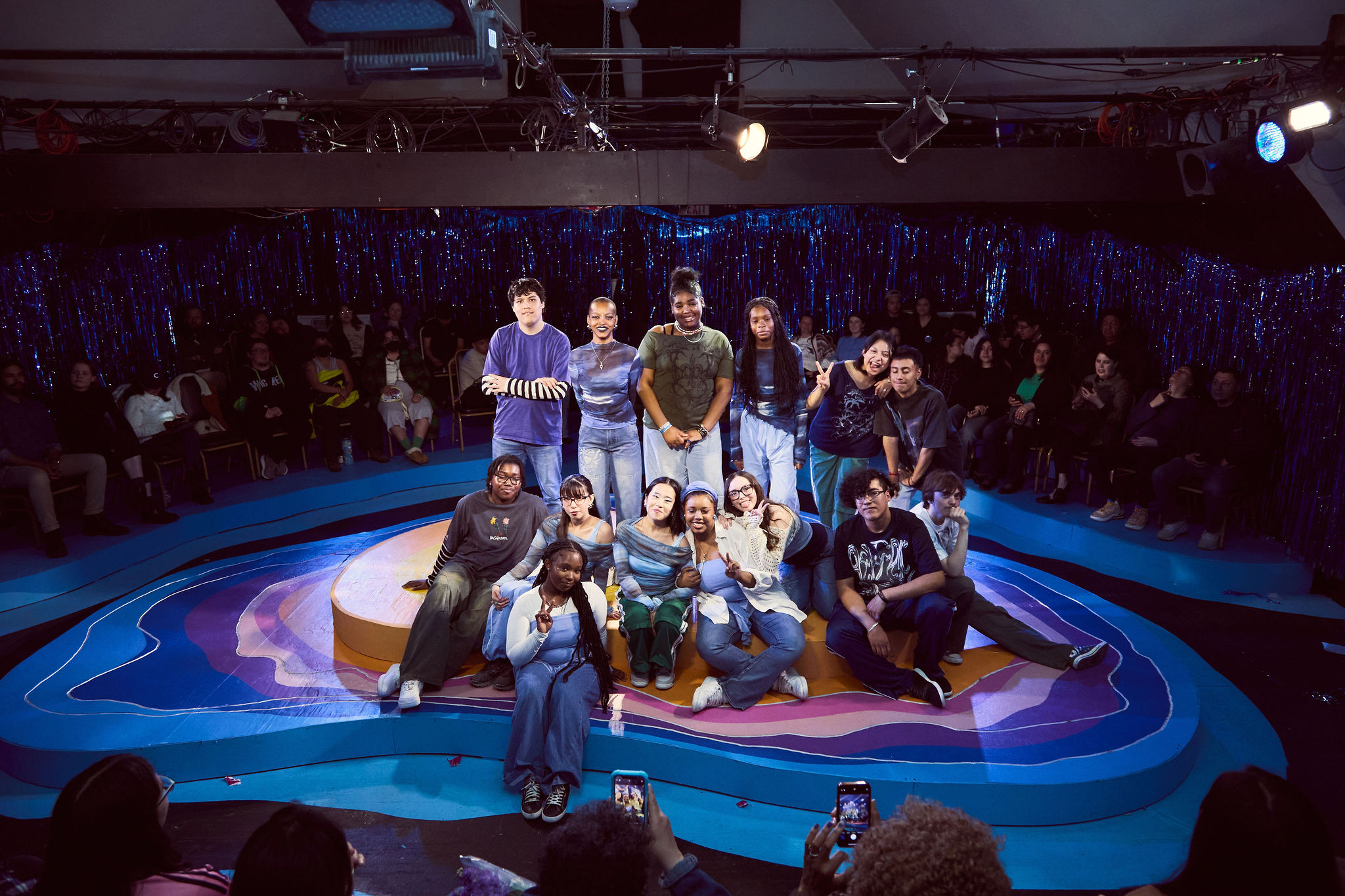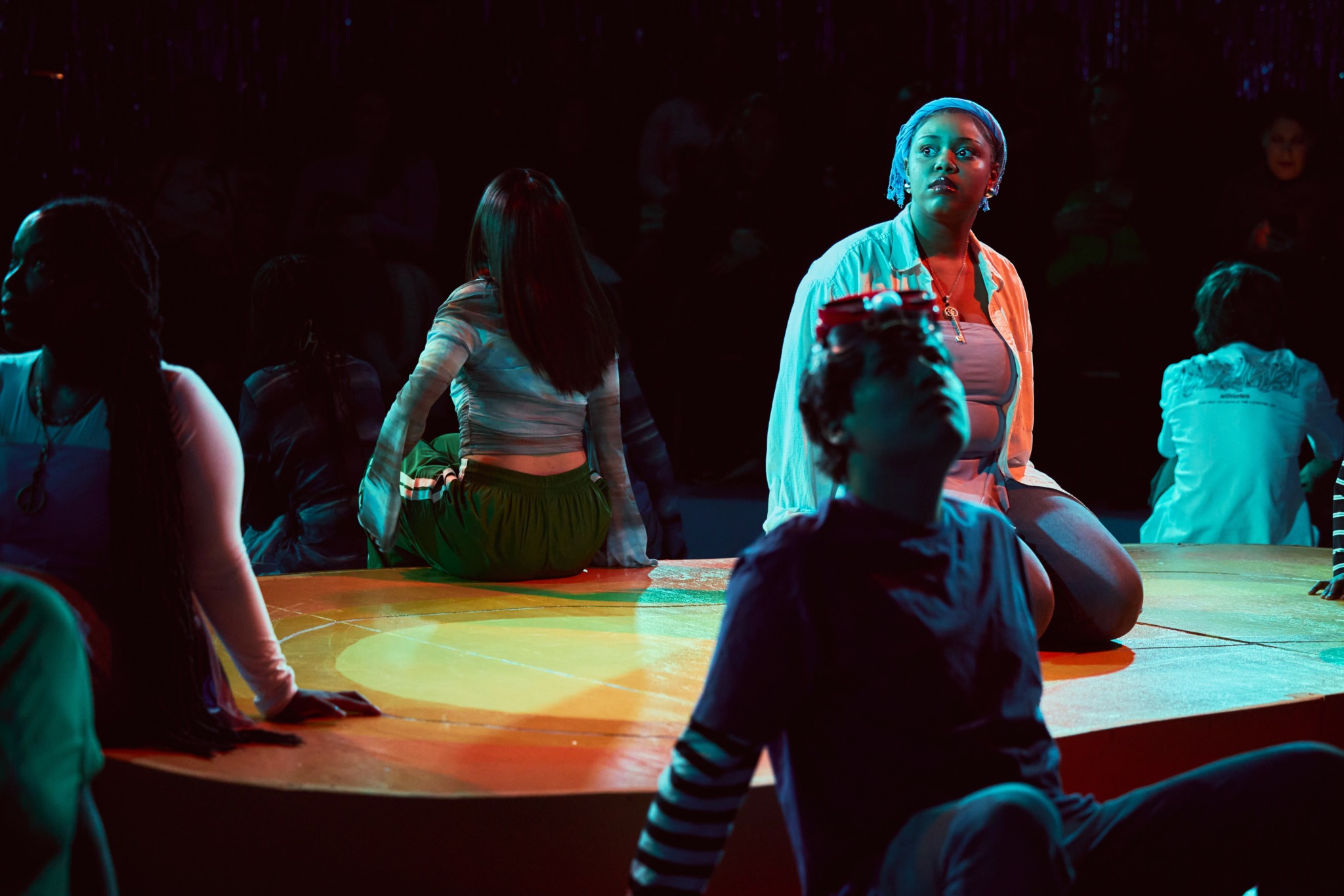Alright – so today we’ve got the honor of introducing you to Coya Paz. We think you’ll enjoy our conversation, we’ve shared it below.
Coya, appreciate you joining us today. We’d love to hear the backstory behind a risk you’ve taken – whether big or small, walk us through what it was like and how it ultimately turned out.
In 2011, Free Street was at the point of closing after over 40 years of providing free theater and free theater training across Chicago. A series of administrative shifts, staff turnover, and funding challenges left the company at the verge of collapse, and the board hired Caroline O’Boyle to essentially do the administrative work of shuttering Free Street. Instead, she saw possibility. Free Street had a 501c3, a theater space (thanks to the Chicago Park District), and a very small multiyear grant – this is more than a lot of companies have when they start, so she wondered what it would look like to start over.
At the time, I was working with Free Street as a teaching artist, but I’d previously started a successful theater company and was known for my work directing devised theater that focused on social justice issues. Together, Caroline and I launched a plan to “reboot” the company. I came on as Artistic Director, and we brought in Katrina Dion as a college intern – I’ll jump ahead in this story and tell you that Katrina is now our Producing Artistic Director! We also worked closely with Ricardo Gamboa and Melissa DuPrey as we rebuilt and reimagined what Free Street could be.
Free Street was founded as a free street theater in 1969, and back then, it was best known as a multiracial theater company that did a lot of song and dance as part of the show. The founders of Free Street wanted it to serve communities and people that were often left out of theater because of race, economics, or geography. In 2011-2012, our small team began to think of ways that we could meet that mission today. We asked a lot of questions, like:
-What keeps people from attending theater?
Answer: Price. Location. Cost of Childcare. Language. Perception that Theater is boring/not for them.
Solution: Make all of our shows free/pay-what-you-can. Continue to tour our shows to different areas of the city. Offer shuttles across the city. Provide free children’s programming during shows. Make bilingual theater. Work with artists who understand the aesthetics of the communities we serve. Joke that we are “theater for people who hate theater.”
-What makes it hard to BE a theater maker in/from Chicago? Why are so many professional theater makers white and from upper income backgrounds? Or “transplants” from other places?
Answer: Theater doesn’t pay that well. It is hard to be a parent and do theater. A lot of CPS schools don’t offer theater training. Theaters are usually on the northeast side of the city, so transportation is an issue.
Solution: Pay everyone at least minimum wage. Provide childcare to caregivers who would otherwise be paying more for babysitters than they get paid. Pay young people (and adults) to participate in training. Rehearse in spaces across the city. Offer Ventra cards and rideshares.
We had a lot of other questions and brainstorming that led us to the Free Street of today, 56 years old and going strong. We have three full-time staff people, two performance spaces (one in Noble Square and one in Back of the Yards), present 3-4 shows a year, and offer bilingual training for both youth and adults. We work closely with environmental justice organizations as an arts partner, helping them uplift their goals and build community. We took a risk on the idea of Free Street and it resulted in a revamped company designed to meet the challenges of today in fun and joyful ways.

Coya, love having you share your insights with us. Before we ask you more questions, maybe you can take a moment to introduce yourself to our readers who might have missed our earlier conversations?
Free Street is a femme-led arts and culture organization that centers original performance work by Black, Latine, Brown, and Immigrant communities; queer artists; youth artists; and work that is committed to the thriving and well-being of people on the South and West Sides of the city. We believe in the theater as a space to uplift joy and justice, especially racial, economic, and environmental justice in Chicago.
Free Street was founded in the wake of the 1968 riots, in the hopes that theater might invite a divided city to come together. Since then, we have consistently adapted our programming to speak to the current needs of the city: We were one of the first interracial theater companies in the city, and one of the first to commit to performing in public spaces across Chicago. For a long time, we were one of the only places a Black actor could earn an Equity card, and one of the first companies to start a youth ensemble. In the 1980’s, Free Street moved into Cabrini Green to develop a musical (Project!) with residents. In the 1990’s we became the Chicago Park District’s first Arts Partner in Residence, helping to kickstart a program that brings professional artists into neighborhoods across Chicago.
Today, we are a multiracial and multigenerational theater company with a focus on original performance that explores the issues impacting our city and a strong commitment to economic accessibility and environmental justice. We offer all of our shows for free/pay-what-you-can, and we try to make theater accessible for families with small children by offering free co-programming for children during rehearsals and shows. Whenever possible (and it is almost always possible!), we close caption our shows. We offer free classes, trainings, and make space available to artists developing new work.
How can we best help foster a strong, supportive environment for artists and creatives?
At Free Street, we like to stress that artists are a part of our communities! Sometimes, there can be a perception that theater is elite, that working artists are somehow outside of the regular flow of our neighborhoods, but this isn’t true! We are deeply committed to theater that uplifts Chicago communities, that reflects the struggles and joys and aesthetics of the places where we live, especially on the South and West sides of the city. We wish that artists were incorporated into all local flows – imagine what it would change to have artists embedded in schools, libraries, local businesses, planning meetings, government offices, at the grocery store!

Alright – so here’s a fun one. What do you think about NFTs?
NFT’s are so far outside of our scope we don’t really have any views on them! As a theater company, we are in the business of live space and person-to-person interaction.
Contact Info:
- Website: https://www.freestreet.org
- Instagram: @free_st_theatre
- Facebook: @FreeStreetTheater
- Linkedin: @Free Street Theater
- Youtube: Free Street Theater
- Other: freestreettalks.com is our for hire arm



